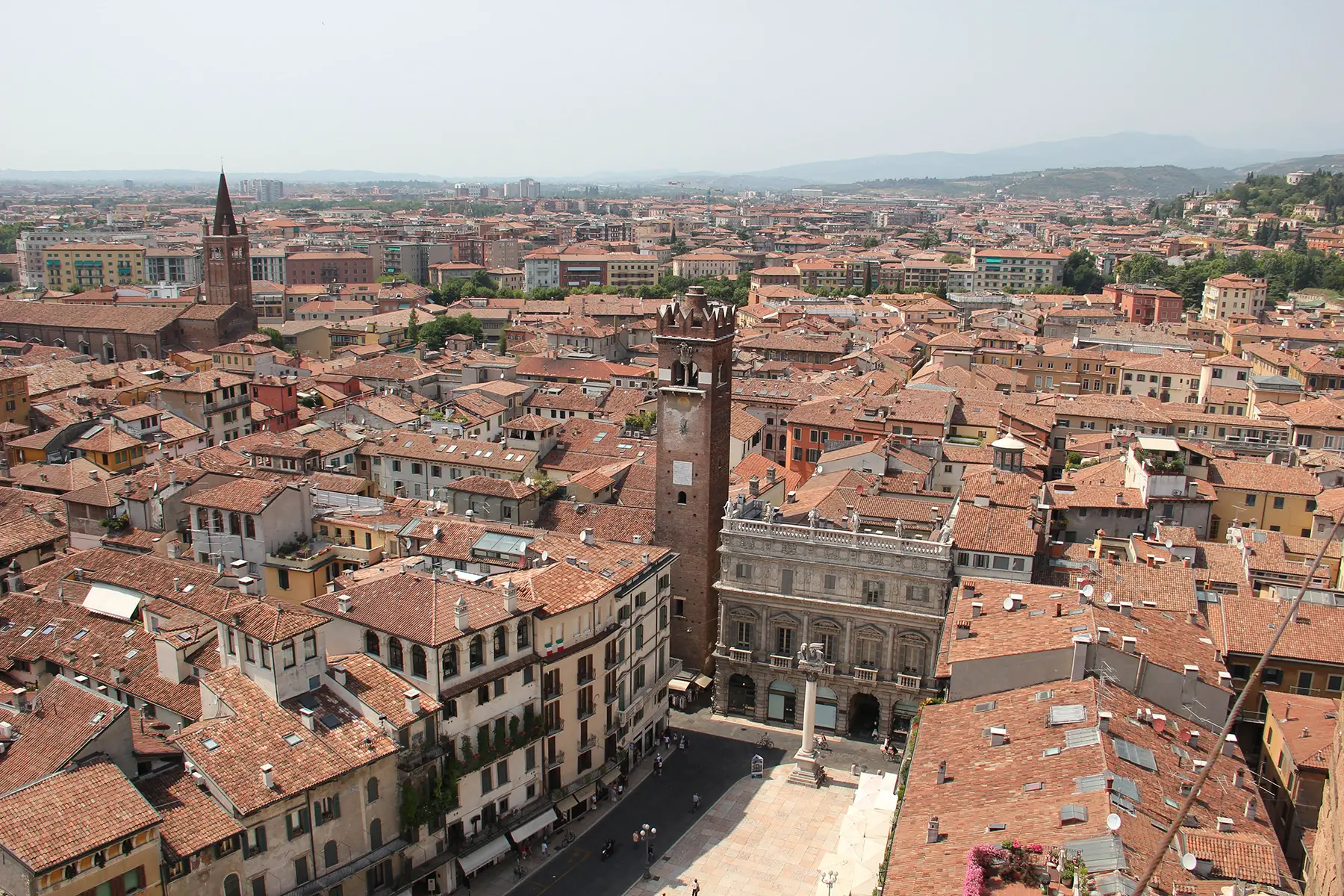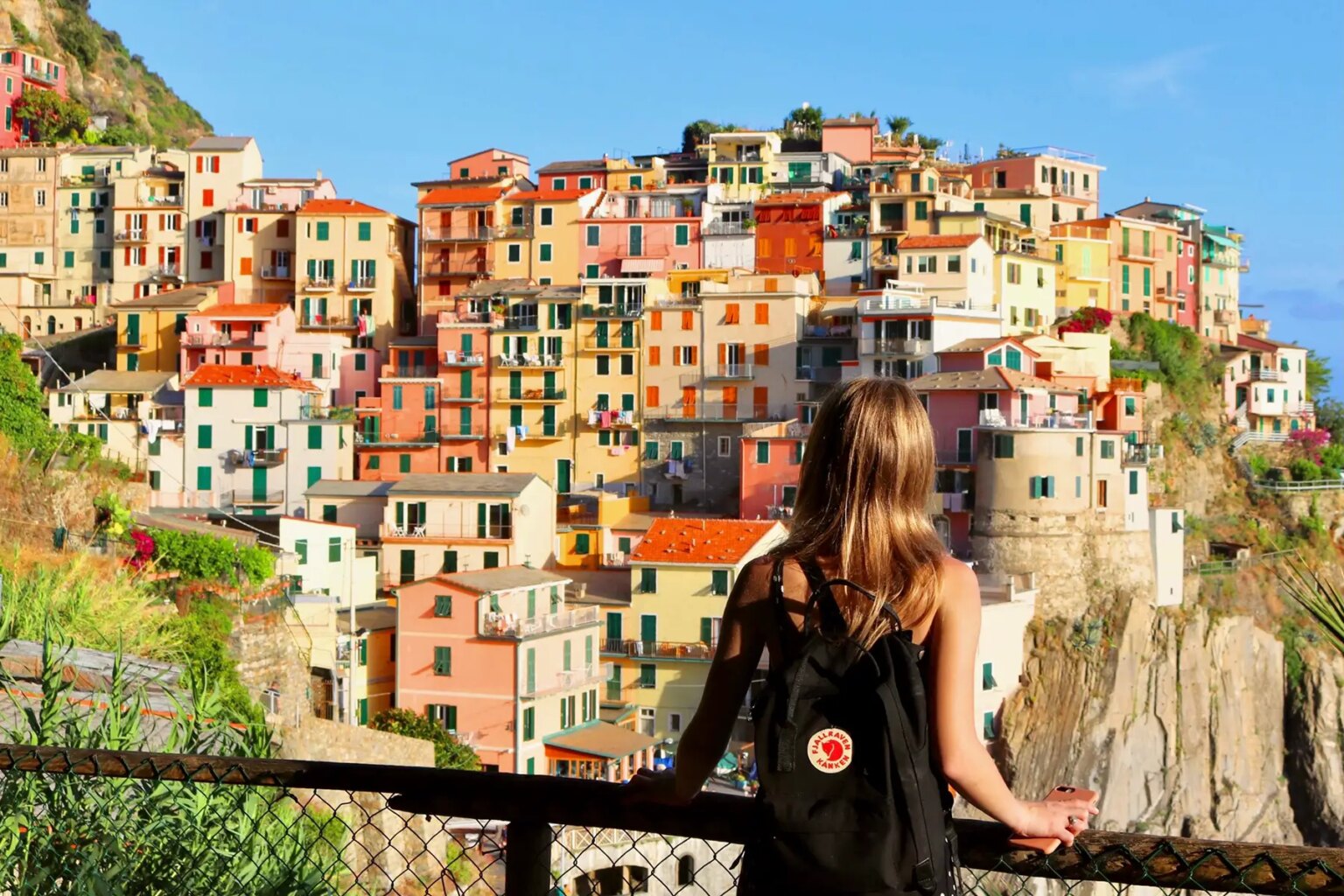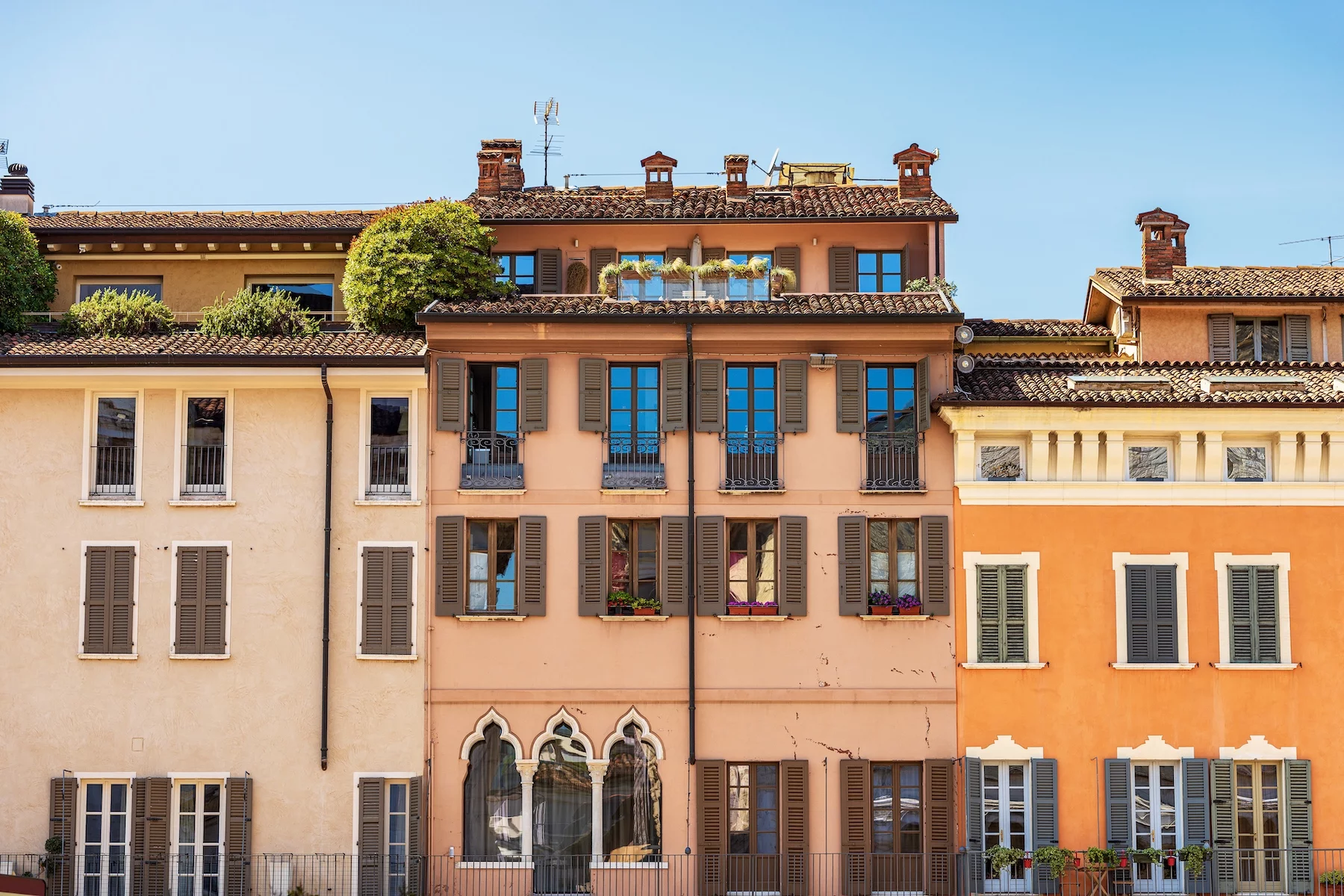Moving to a new country can be logistically overwhelming. Between all the tasks that need to be completed and the overlapping timelines, it can be challenging to keep track of everything.
Fortunately, with this ultimate checklist, moving to Italy can be a streamlined and straightforward process. Below, you’ll find a review of the ins and outs of visas, transportation, healthcare, and more. Read on to learn about the following:
The Relocator
Planning a new life in Italy? Give yourself some peace of mind with The Relocator. On their easy-to-use platform, you’ll be able to compare your options quickly, getting quotes from some of the biggest names in global relocations. Move abroad confidently with The Relocator.
Do your research
Before making any major move, you should check out what it’s like to live there, including living costs, quality of life, laws, and how people relate to internationals. You should also have an idea of the country’s climate and culture so you’ll be able to plan activities and make friends.

Spend at least a couple of months researching the ins and outs of your new home. This will take some of the chaos out of settling into life in Italy. Here are some main things to consider:
What costs are involved?
One of the most important elements of your move will be considering the cost of living in Italy. Once you know what your salary will be, you’ll have an idea about what you can spend. This will cover things like accommodation, food, healthcare, education, and hobbies. The cost of living varies in different parts of Italy, so it’s vital that you get a sense of the region you plan to live in.
How do I ensure a good quality of life?
You should consider how your preferred career and lifestyle will fit into your new home country. For example, do you want to build a community in your neighborhood or explore the outdoors? Do you want to try Italian cuisine and explore large swathes of the country? There are no wrong answers, so be creative and intentional.
How will I fit in?
As you will be moving to Italy as an expat, it would be wise to explore what international life is like in your intended city. Check out your new town’s different neighborhoods and find out whether there’s a rich global community, or whether you’ll need to make more of an effort to integrate. Consider how you want your social circle to look – and consider learning Italian to fit in even better.
What’s the weather like in Italy?
As you consider your big move, be sure to take into account the climate in Italy. The weather affects everything from desired activities to your mood. Italy has different environments within its borders, so it’s a good idea to make sure the weather allows for the kind of life you want to enjoy.
People and culture in Italy
Getting to know the Italian people and culture will make your adjustment smoother and more comfortable. You’ll also find it easier to make friends!
Laws and customs
As in any country, Italy has its own legal context that you should understand before moving. Spend some time learning how the government and legal system work. This information will help you settle in and give you a clearer idea of your rights in Italy.
Where should I live in Italy?
One of your first major decisions when moving to Italy is where to live. Is Rome calling to you? Are you entranced with Florence? Perhaps you’re dreaming of moving to the business and fashion capital, Milan. Do you prefer the city center, the suburbs, or somewhere rural?

Of course, your choices might be limited by work and school, but you can usually find a neighborhood to suit your needs. Do plenty of research, and you’ll be sure to find the right place for you and your family.
Find a place to stay
Once you know when you’ll be moving to Italy, you will need a place to live. Sometimes, you can stay somewhere temporarily until you find a more permanent house or apartment.
Some good options for temporary furnished apartments include:
When you are ready to consider longer-term options, you can weigh up whether it’s worth renting an apartment long-term or buying a home in Italy.
Arrange your visa
If you hope to live in Italy for a little while, you’ll need a visa. However, EU citizens and their families can live, work, and study in Italy with minimal restrictions.
On the other hand, if you are not an EU citizen, you will need a visa based on employment, study, tourism, medical, mission, or religious grounds. Before planning a move, finalize your visa and immigration plans.
Transport your belongings
Once you’ve finalized your employment or visa details, think about how you will move your belongings to Italy. Do you plan to relocate with bulky furniture? Do you need just a couple of suitcases? Will you bring your car?

Fortunately, you have plenty of removal options, including air, ship, and rail freight. Be sure to budget several months to find the best moving method. There are also many removal and relocation companies and comparison sites that can make the process easier. These include:
Can I bring a pet to Italy?
If your family is moving to Italy with a pet, you’re in luck. Italy is a great place to have a furry friend. That said, there are some guidelines you will need to follow to bring them along. These include mandatory vaccinations, microchipping, and a certificate of good health.
Further requirements may depend on the country of origin, so be sure to budget enough time to do your pet immigration research.
Sort out your health insurance
No matter where you are in the world, you must take care of your health. Because Italy has universal healthcare, once you arrive, you will enroll in the National Health Service, which will cover your basic needs.
Before moving to Italy, however, it’s important to research the Italian healthcare system to understand how to access treatment while living in the country. Many internationals take out supplemental private health insurance, so it’s wise to research the companies on offer in Italy and check out quotes. Insurers include
Start looking for a job
Some internationals will move to Italy with a job offer already in place. Most others must find one to support themselves or get a work visa.
There are plenty of expat-friendly jobs in Italy across various fields, and many sectors have labor shortages. These include:
- metalworking
- wood and furniture
- mechatronics
- IT and communications services

Be sure to spend time researching your industry and any relevant labor laws. Find out whether you need any professional certifications or fluent Italian. With enough time and preparation, you’ll be sure to find the perfect fit.
Look into childcare and schooling options
If you have little ones, you’ll need to think about who will look after them during working hours. Research the educational options, daycares, and preschools in the area where you’ll be living. Keep in mind that schooling is divided into primary school and secondary school, depending on the age of the child.
Consider whether you want your child to attend a public, Italian-speaking school or an international school that teaches in a language your child already speaks. Be sure to begin this research process early, as many international schools have lengthy waitlists for new students.
Sort out your finances
Before moving to Italy, it’s essential to have a handle on your finances. Ask yourself: how will you get paid? Which Italian bank do you plan to use? What is the process of opening a bank account? Do you need a bank that offers mobile banking? The following banks and services allow you to open an account to keep your money safe:
You might also need to transfer money between your home account and your Italian one, especially in the early days. Fortunately, many international money transfer companies allow you move funds to and from Italy. These services include:
Once you know how you’ll manage your money, make sure you get to grips with the tax system in Italy and how it affects you. You’ll need to consider the various insurance you may need to budget for. Consider your current pension plan and research how this will affect you if you retire in Italy.
Get an international driving license/permit
If you are planning to drive in Italy, prepare the proper paperwork beforehand. The fastest way to get out on the road is to get an International Driving Permit, which allows you to drive during your first year in Italy. This is a great option if you have a driver’s license in your home country and need to exchange it for an Italian one.
Start learning the language
While many people in Italy may speak your native language, there’s no guarantee you’ll be able to communicate comfortably. So, before moving, consider learning some of the Italian language. This way, you’ll feel at home more quickly.

There are plenty of creative ways to learn Italian, including apps, movies, and language clubs. You can also make learning more enjoyable by picking up some fun phrases.
Delve into Italian culture
As you sort through the logistics of moving abroad, one way to keep up your enthusiasm is to explore the culture beforehand. One of the most enjoyable ways to do this is with food. Check out Italy’s renowned cuisine, and if you’re feeling adventurous, try cooking some.
Other ways to get to know your new home before moving include watching Italian movies, listening to the latest musicians, and planning visits to Italy’s museums. This kind of cultural preparation will prove invaluable as you settle into life in Italy.







